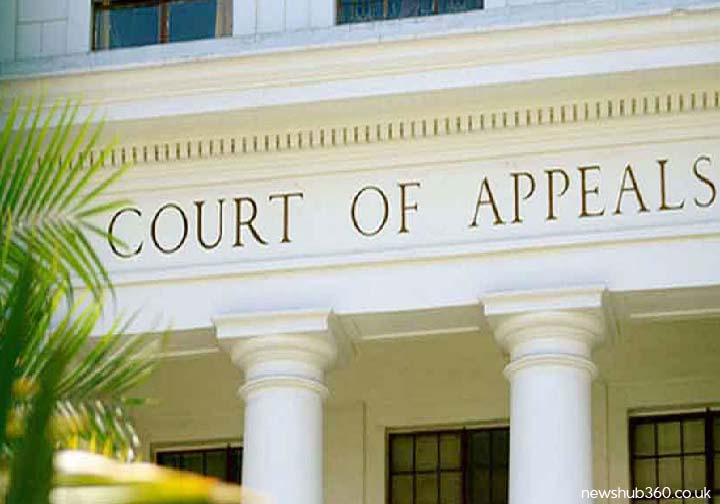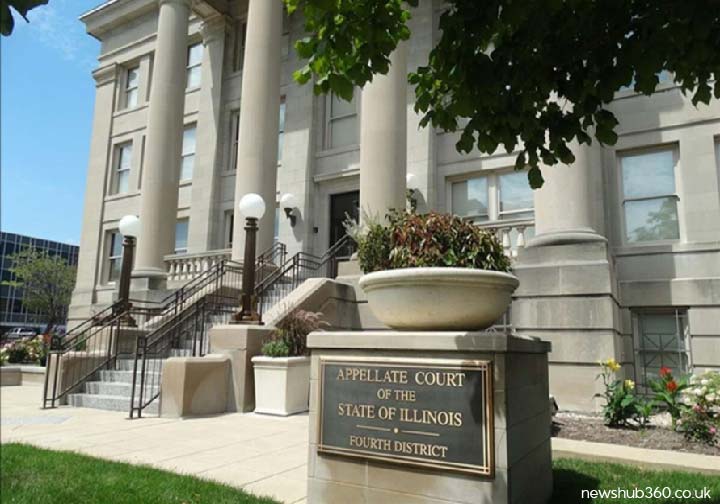The legal system can be complex, and one of the most intriguing parts of it is the appellate court. Whether you’ve followed a high-profile case or are just curious about how the judicial system works, understanding appellate courts is essential. But don’t worry, we’ll break it down in simple terms so you can stay informed.
What is an Appellate Court?
Imagine you’re watching a movie where a character feels they’ve been wrongly convicted. Instead of giving up, they decide to take the case to the next level. This is where appellate courts come into play. An appellate court is where a party that is unhappy with a trial court’s decision can appeal the case, hoping to have the ruling reversed or modified. It’s like asking a manager to review a decision made by a cashier.
How Does the Appellate Court Function?
The appellate court doesn’t re-hear the entire case; instead, it reviews the legal aspects of the trial court’s decision. This means they focus on whether the law was applied correctly rather than re-examining the evidence. It’s like checking if the rules of the game were followed rather than replaying the game itself.
Why Are Appellate Courts Important?
Appellate courts are crucial because they ensure justice is served by correcting errors made in trial courts. They also help in the development of the law by interpreting statutes and legal principles. Without appellate courts, the legal system would be like a one-way street with no chance for a second opinion.
The Appeals Process Explained
Filing an appeal is more than just expressing dissatisfaction. The appeals process begins with the appellant (the party filing the appeal) submitting a brief, outlining their arguments and why they believe the trial court made a mistake. The appellee (the other party) then responds with their brief, defending the trial court’s decision. After reviewing the briefs, the appellate court may hold oral arguments before making a decision. This process can take months or even years, depending on the complexity of the case.
Recent High-Profile Cases
In recent years, appellate courts have handled several high-profile cases that have captured public attention. These cases often involve significant issues like civil rights, corporate regulations, and criminal justice. For example, decisions related to voting rights or healthcare laws often make their way to appellate courts, setting precedents that impact millions.
How Do Appellate Courts Differ from Trial Courts?
Trial courts are where cases start, and they involve witnesses, evidence, and juries. Appellate courts, on the other hand, don’t involve any new evidence or witnesses. They focus solely on the application of the law, making them more about legal principles than factual disputes.
Understanding Judicial Review
Judicial review is a powerful tool held by appellate courts. It allows them to invalidate laws or executive actions that are deemed unconstitutional. This function acts as a check on the powers of the other branches of government, ensuring that laws adhere to the Constitution.
The Role of Judges in Appellate Courts
Judges in appellate courts hold a significant responsibility. Unlike trial judges, they work in panels, meaning a group of judges reviews the case together. Their role is to analyze legal arguments, interpret the law, and ensure that justice is delivered fairly. The dynamic of multiple judges also helps in providing a more balanced perspective on complex legal issues.
Common Misconceptions About Appellate Courts
One common misconception is that appellate courts re-try cases. In reality, they only review the legal aspects. Another myth is that every case can be appealed. However, not all decisions are appealable, and some require special permission to proceed.
What Happens After an Appeal?
After an appellate court makes its decision, several outcomes are possible. The court may uphold the original decision, reverse it, or remand the case back to the trial court for further proceedings. In some instances, the case may be appealed further to a higher appellate court, such as the state supreme court or even the U.S. Supreme Court.
The Impact of Appellate Court Decisions on Society
Appellate court decisions often have a wide-reaching impact. For instance, landmark rulings on issues like same-sex marriage or healthcare have shaped societal norms and policies. These decisions not only affect the parties involved but can also set legal precedents that influence future cases.
Future Trends in Appellate Courts
As society evolves, so do the issues that appellate courts face. Emerging areas like digital privacy, cybersecurity, and environmental law are becoming increasingly prominent in appellate court dockets. Keeping an eye on these trends can give us a glimpse into the future of the legal landscape.
How to Stay Updated with Appellate Court News
Staying informed about appellate court news is easier than ever. Many news outlets provide updates on significant cases, and legal blogs offer in-depth analysis. Additionally, subscribing to newsletters from courts or legal institutions can keep you up-to-date with the latest developments.
Conclusion
Appellate courts play a vital role in ensuring that justice is not only done but seen to be done. They offer a second chance for cases where the law may have been misapplied, helping to refine and develop the legal system. By understanding how appellate courts work, we can better appreciate their impact on society.
FAQs
- Can every case be appealed? No, not every case is eligible for an appeal. Some decisions are final, and others may require permission to be appealed.
- What distinguishes an appellee from an appellant? The appellant is the party who files the appeal, while the appellee is the party responding to the appeal, defending the trial court’s decision.
- Do appellate courts involve juries? No, appellate courts do not use juries. They consist of judges who review the legal aspects of a case.
- How long does the appeals process take? The appeals process can take anywhere from a few months to several years, depending on the complexity of the case.
- What happens if the appellate court reverses a decision? If the appellate court reverses a decision, the case may be sent back to the trial court for further proceedings or the decision may be modified as directed by the appellate court.



